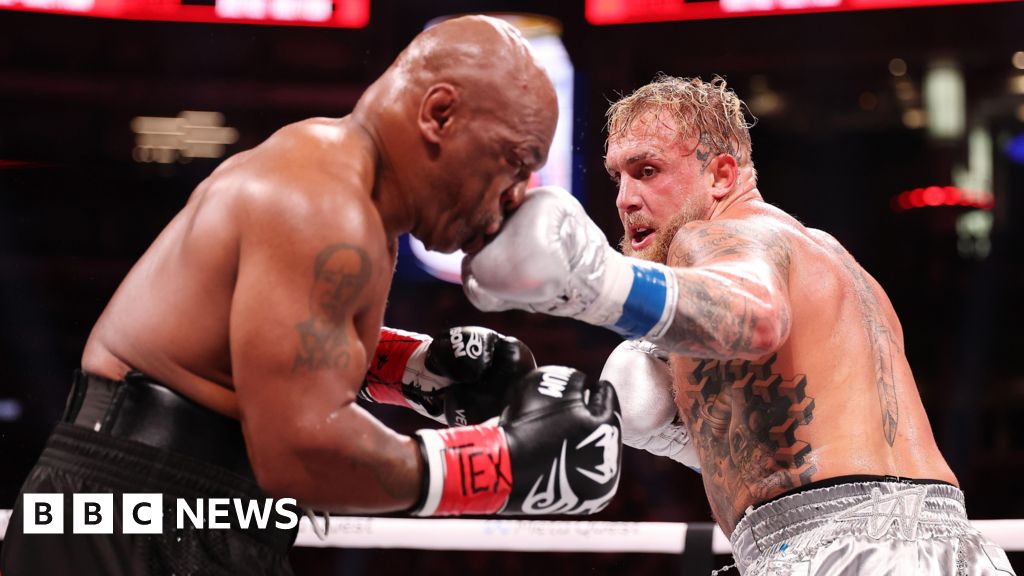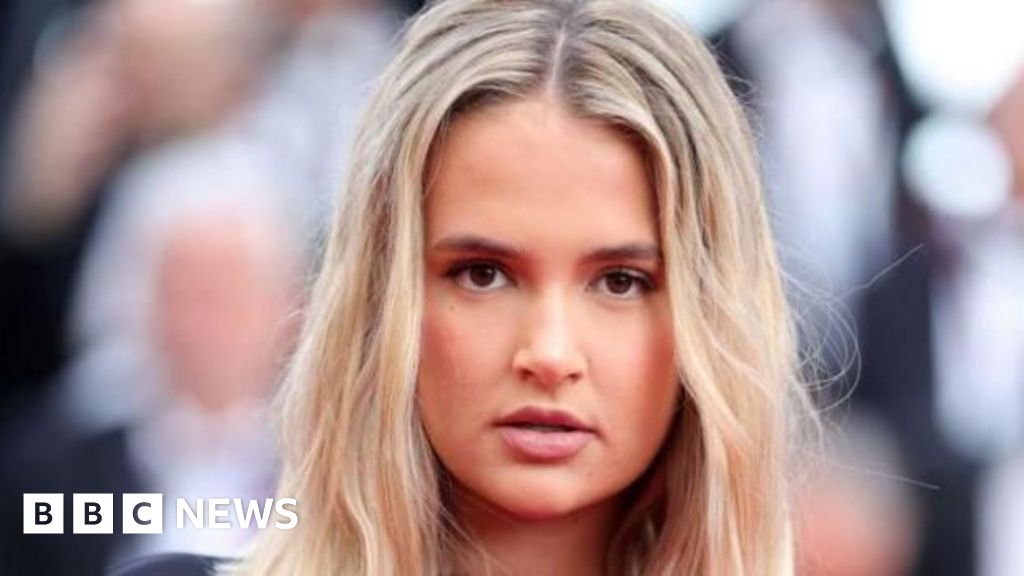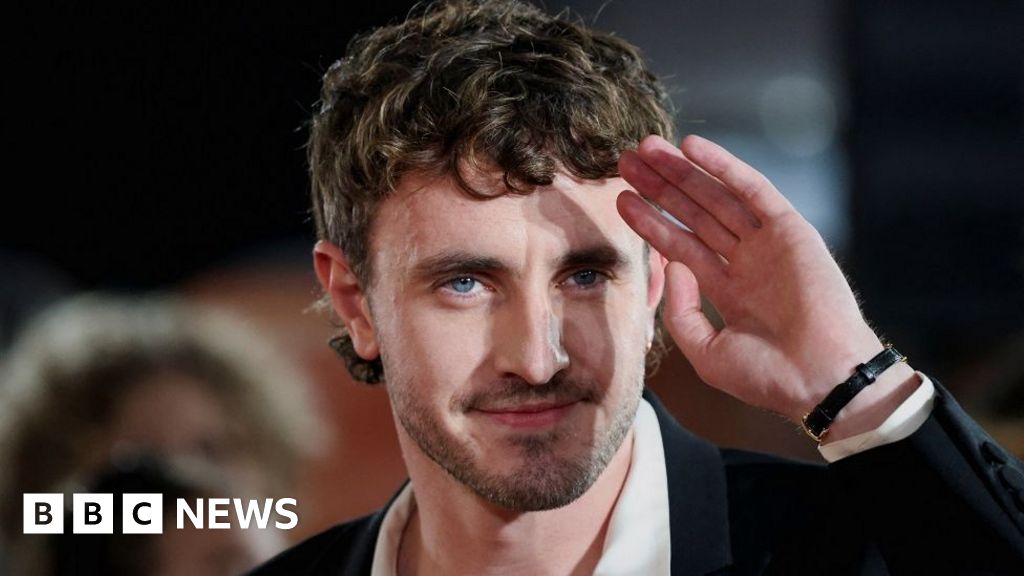ARTICLE AD BOX
Watch: Elon Musk's last minute interview with the BBC
By Paul Glynn
Entertainment reporter
Elon Musk has said Twitter will change its newly-added label for the BBC's account from "government funded media" to say it is "publicly-funded" instead.
In an interview with BBC News, the entrepreneur, who bought the platform for $44bn (£35.4bn) in October, said: "We're trying to be accurate."
The BBC objected to the original label, saying earlier this week: "The BBC is, and always has been, independent.
"We are funded by the British public through the licence fee."
In an interview with BBC technology correspondent James Clayton in San Francisco on Tuesday, Mr Musk noted: "I know the BBC for example's not thrilled about being labelled state-affiliated media."
He said: "If we use the same words that the BBC uses to describe itself, that presumably would be OK… That seems to pass a reasonable test." He added: "I actually do have a lot of respect for the BBC."
The BBC has been asked for a response to his comments.
Earlier this week, the broadcaster objected to the "government funded" description on its main @BBC account, asking Twitter to resolve the issue "as soon as possible".
It has not been changed at the time of writing.
Twitter also used the same description for US public broadcaster NPR's handle.
How is the BBC funded?
As the UK's national broadcaster, the BBC operates through a Royal Charter agreed with the government.
The charter says the corporation "must be independent", particularly over "editorial and creative decisions, the times and manner in which its output and services are supplied, and in the management of its affairs".
The licence fee raised £3.8bn ($4.7bn) in 2022 for the BBC, accounting for about 71% of the BBC's total income of £5.3bn - with the rest coming from its commercial and other activities like grants, royalties and rental income.
The BBC also receives more than £90m per year from the government to support the BBC World Service, which predominantly serves non-UK audiences.

 1 year ago
25
1 year ago
25








 English (US)
English (US)